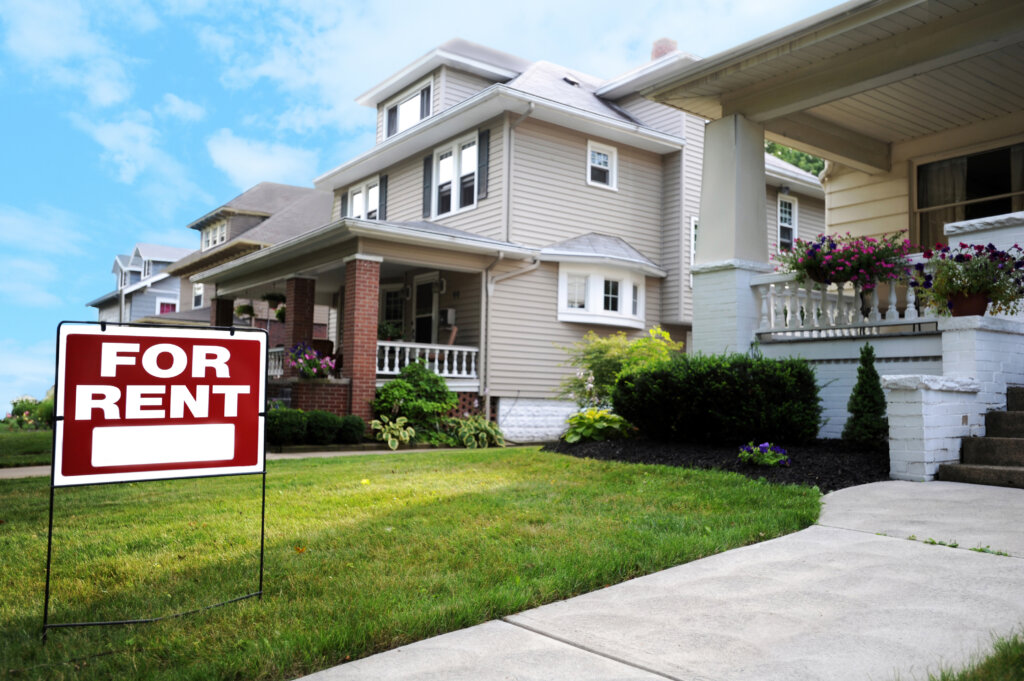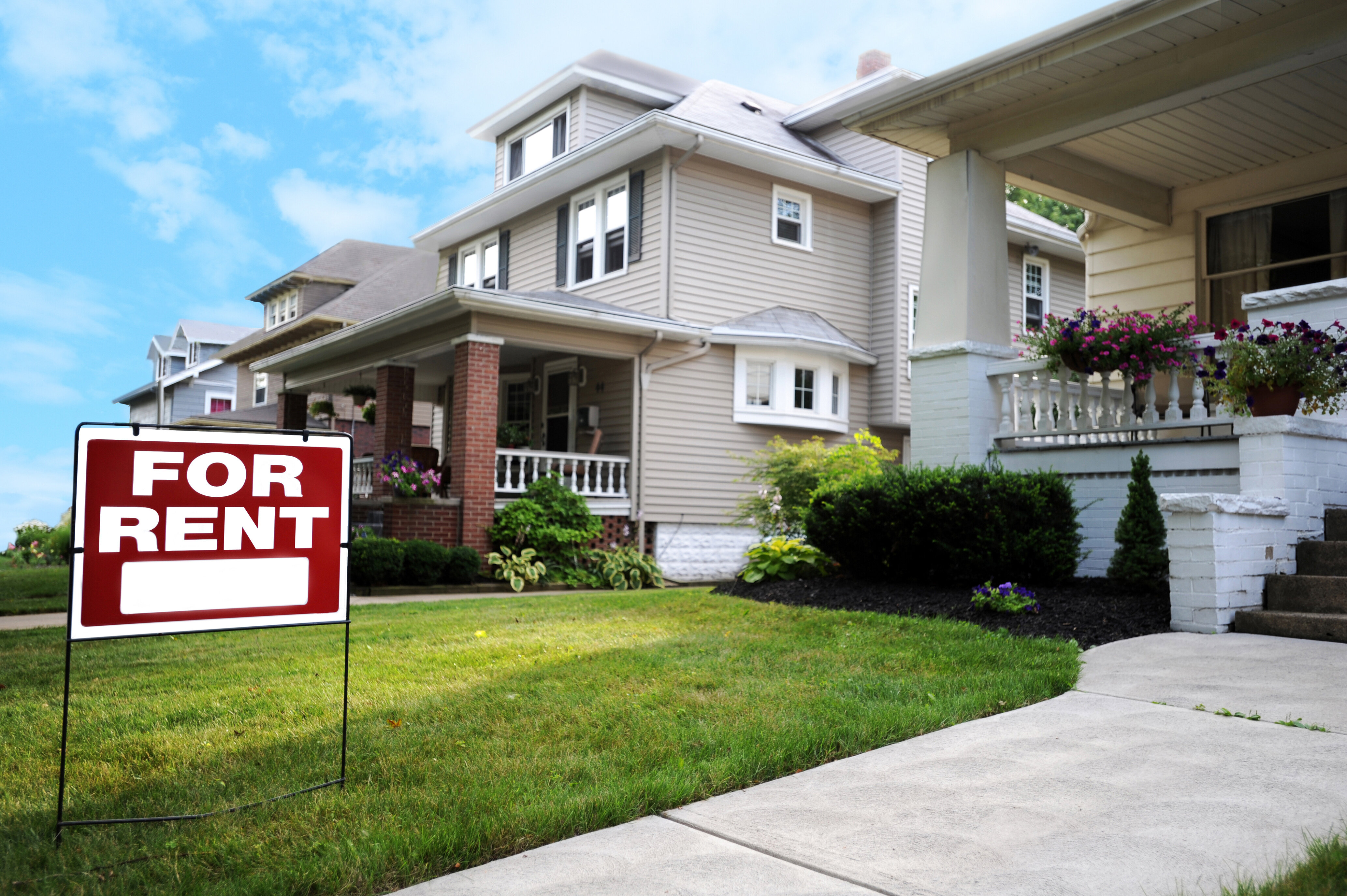
If you have the choice to rent or sell your house, which would you choose? Today, we’re going to go over the pros and cons of renting your house instead of selling to help you make the right choice for your lifestyle.
The Pros of Renting Your House Instead of Selling
Renting comes with a lot of benefits, including getting extra incoming each month that pays off your mortgage and gives you a little extra cash in your pocket. Beyond that, renting is also…
Safer for a Buyer’s Market
When you’re looking to rent or sell your house, always be cognizant of the real estate market. In a buyer’s market, there are more homes for sale than needed and prices are often lower than average. It will take longer to sell you home and you may not get as much as you want out of it. If you’re facing a buyer’s market, renting is a way to earn income while you wait for the market to improve.
Look to the market forecast as well to decide if renting long-term is the smart move. You may miss out on a good time to sell your home, or you may have a great chance to raise rent to be competitive in the market depending on the availability of homes. For example, newly listed home prices have risen 13.5% since March last year and 26.5% compared to March 2020. As a result of the increasing demand, the national inventory of active listings decreased by 18.9%. This means it is a great time to be a renter. People are bound to be interested in renting your home, because there aren’t enough homes on the market to buy!
The bottom line? Don’t rush the decision: people will buy your home, but it may be better to rent it out to them to gain more profit – renters will look for homes and move out faster in a buyer’s market or in one that has low home supplies.
Renting is Easier for Buyers
It goes without saying that renting is much more accessible than buying a home. While you may require a deposit, that won’t nearly compare to a downpayment on a home. On top of that, rental properties are much more flexible and fluid than home ownership. You can allow people to rent on a monthly basis, yearly, or on a schedule that works for you and the renter.
They can move without the hassle of selling, and don’t have to worry about dealing with the bank or the piles of paperwork that come with selling a home.
Continue to Build Equity
Renting will allow you to hold onto your home and build more equity, especially if property values in your area increase significantly. If you plan on investing in rental properties in the future, you can use this equity to acquire a more attractive loan with lower interest rates.
The Cons of Renting Instead of Selling
Renting isn’t always sunshines and rainbows. It can be hard work!
Being a Landlord isn’t Easy
Being a landlord isn’t easy. It’s not just sitting around and getting paid every month – you have to manage your tenants, manage maintenance, do inspections and repairs, and other long-term commitments. You can always outsource to a property manager if you want, but that is added expenses that your rental property may not cover.
You may need to have the proper credentials and zoning in place to allow your home to be an investment property, which takes time and effort that a first-time landlord may not be prepared for.
Additionally, you never know who you’re renting too. While background checks certainly help, they are no guarantee that the tenant will pay rent on time or treat your property with respect. Eviction is a long road with a lot of legal fees and many landlords will do everything in their power to avoid it. Including selling their property to a cash for homes company like Property Spot, who promises to buy the home with tenants in place.

A Lot of Unexpected Costs
Any homeowner can tell you that homes are expensive. An investment property is no different. Things will break down, you will have to pay for large repairs such as a new roof, water heater, or leak repair, and you will be responsible for making the home livable for your tenants. All of these costs can add up quickly, especially if you plan on renovating the home before you rent it out to your first tenants. It may be more profitable to sell the home instead of investing in it, especially if you need to make major repairs.
Tax Considerations
You can’t forget about the taxes. Paying taxes on two homes instead of one is a lot of ask. However, there are tax breaks that you may qualify for. For them to apply, you have to have lived in the home for 2 of the past 5 years, though, and not have any capital gain from them (not rent them out).
If you are a married couple that files jointly, you can have up to $500,000 in capital gains tax-free and singles can have $250,000 in tax-free capital gains if the home in question was the primary residence for 2 of the past 5 years. This does discourage some people from renting out their homes, because if they do decide to sell down the road, they can be subject to these taxes.
Depreciation is another big tax deduction associated with renting. The recovery period for a residential rental property is 27.5 years which means you can deduct around 3.5% of the home’s value from your annual tax bill. When renting out a home you cannot deduct the cost of improvements to the home but you can use depreciation to recover these costs. This can be a drawback for many homeowners because they carry the burden of the costs upfront and are only able to recuperate a small amount in their tax deductions each year.
So, is renting your house instead of selling it worth it? Only you can tell! However, we recommend selling it, especially if you don’t have the experience of being a landlord. We’ll give you a fair cash offer for your home in less than 24 hours. If you want a fast and easy sale, give us a call at 480-400-7792!

